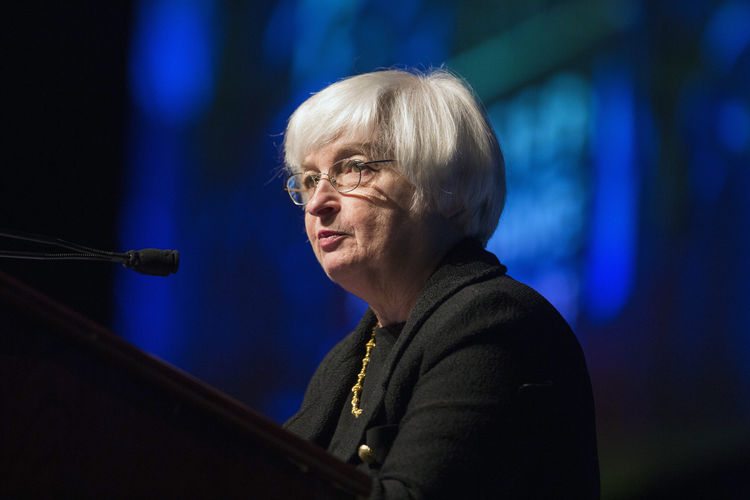- Federal Reserve Raises Rates by 25 Basis Points
The U.S. Federal Reserve raised interest rates on Wednesday to further tighten monetary conditions and support the labor market.
The Federal Open Market Committee voted to increase benchmark rate by 25 basis points from 1.25 percent to 1.5 percent, the third of such move in 2017. A total of 7 members voted in support of rate hike while the remaining 2 members opposed the move.
According to the Fed Chair, Janet Yellen, “This change highlights that the committee expects the labor market to remain strong, with sustained job creation, ample opportunities for workers and rising wages.”
While, this move suggests the Fed is confidence about the economy going into 2018, it also showed the central bank plan to use high borrowing cost to fight weak consumer prices and boost weak wage growth. This is evidence in the weaker than expected core inflation data released on Wednesday, which stood at 1.7 percent in the 12 months through November.
“Hurricane-related disruptions and rebuilding have affected economic activity, employment and inflation in recent months but have not materially altered the outlook for the national economy,” the Fed stated. Speaking further, the FOMC said the “near-term risks to the economic outlook appear roughly balanced, but the committee is monitoring inflation developments closely.” Meaning, weak prices remain a concern.
Also, the central bank raised economic growth for 2018 to 2.5 percent from 2.1 percent previously projected. However, it wasn’t clear how much of this adjustment reflected confidence that the tax reform currently moving through Congress will stimulate growth and deepen business spending in the year.
Despite the positive statement, the committee left long-term growth unchanged at 1.8 percent, suggesting the FOMC is not totally confident on the position of the tax reform in relation to economic growth. Especially when region like California, New York, and New Jersey are complaining.
Again, even though the committee raised near-term economic projection and further lowered the unemployment rate to 3.9 percent in 2018, the number of hikes previously projected for 2018 remains unchanged. Another sign that the weak wage growth and low consumer prices amid 16-year low unemployment rate is weighing on Fed’s confidence going into the New Year.
The Fed announced it would increase the pace of balance sheet normalization from $10 billion to $20 billion in January 2018.
Overall, the economy remained strong but sustainability remains a concern, as weak wage growth continued to impact consumer spending and weigh on retail sales. However, the success of tax reform if passed could further strengthen growth and solidify economic progress thus far. But lack of confidence on the path of FOMC regarding economic growth plunged the US dollar across the board.

 Forex3 weeks ago
Forex3 weeks ago


 Naira2 weeks ago
Naira2 weeks ago
 Billionaire Watch2 weeks ago
Billionaire Watch2 weeks ago




 Naira2 weeks ago
Naira2 weeks ago




 Naira2 weeks ago
Naira2 weeks ago




 Naira1 week ago
Naira1 week ago




 Naira4 weeks ago
Naira4 weeks ago




 Naira3 weeks ago
Naira3 weeks ago






















